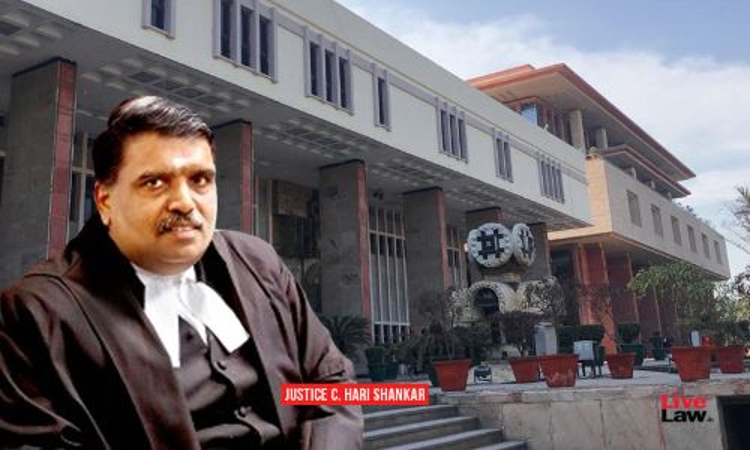The Delhi High Court has reiterated that in a suit for possession simplicitor or a suit for injunction against dispossession simplicitor, the plaintiff is not required to establish title or ownership. Single bench of Justice C. Hari Shankar observed that the plaintiff is only required to establish a better right to remain in possession of the suit property as compared to the right of...

